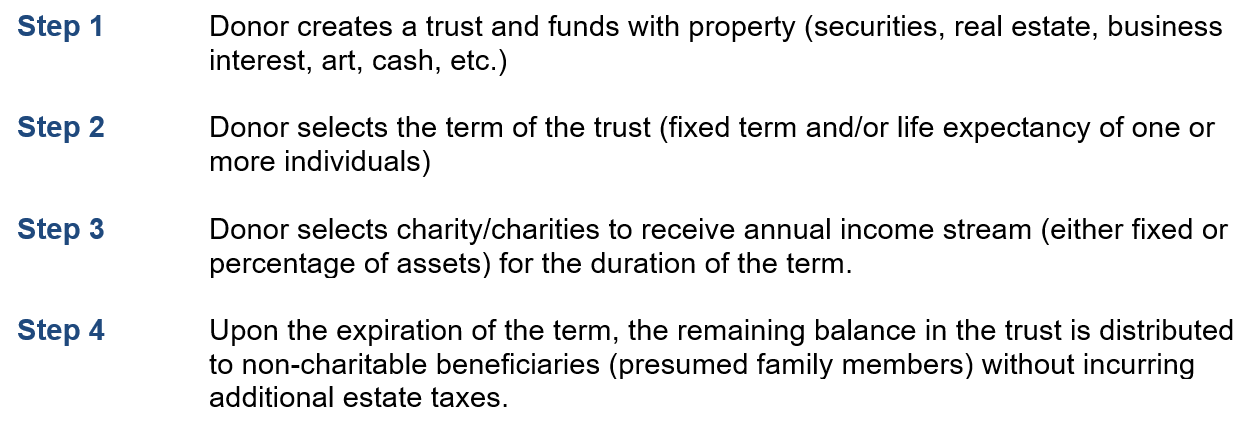It’s the Fourth of July holiday, and all the kids and grandkids are gathered to celebrate at the family vacation home. Your children spend every July here most years. As you watch the next generation learn to swim and fish in these waters, so many memories come rushing back to you. The more you reflect on so many unforgettable moments, the more you cherish the time spent here at the family vacation home. You want your children to experience these feelings for many generations to come, making their own memories. This is your legacy to be cherished. But do your children feel the same way about all this? Do they even want this particular legacy?
Family vacation homes present unique challenges for families deciding what happens with those homes in the future. If the home has been a long-standing gathering place for relaxation and enjoyment, with the cultivation of memories at that site becoming a true family tradition, it might grip some family members with strong emotional attachments.
However, this family vacation home could mean something entirely different to other members of the family. To them, this home could represent something far less cherished and sentimental. As the patriarch/matriarch of the family, you might be unable to see beyond the happy times here in this moment at the family home. You might be so blinded by this vacation home and all the comforting feelings associated with it – what you consider a heavenly break from daily life – that it could lead to dissension and strife within the family. Despite how challenging this might seem, there are ways to balance proper preservation of these memories with a legacy that brings the family together rather than driving a wedge between them.
Open and Candid Communication
Having an honest conversation with the entire family about the property and its future may be difficult, but it is a critical step in ensuring your legacy remains intact. This conversation should occur away from the idyllic setting of the vacation home. Also, to minimize the likelihood of anyone being caught off guard and properly prepare them for the discussion, you should forewarn all participants about the nature of the conversation. Be frank as you discuss all maintenance responsibilities, time and costs. The next generation needs to be aware of the efforts and resources involved in keeping such a property in the condition they have grown to love. This dialogue allows for an assessment of family dynamics, financial circumstances and practicalities of ownership by the next generation. In mediating such a serious and honest conversation, you may discover that one or more family members have no interest in owning and maintaining the home, which may force you to explore alternative means for transitioning the heirloom asset while maintaining equality.
Flexibility
Circumstances change, and they can change quickly. Nothing is more exemplary of this than the unprecedented impact of recent COVID-19 pandemic-related travel restrictions and the financial hardship families and communities face every day as of late because of the virus. Finances tend to pose the biggest challenge when keeping a vacation home in the family. Unexpected debt, disability, nursing home care, sudden death or a divorce may cause financial strain that could put the property at risk of a forced sale. Setting aside funds specifically designated for expenses associated with the property will alleviate the pressure on the next generation to choose between maintaining the property or sustaining their lifestyle. While it is impossible to anticipate all potential outcomes and prepare for them, having a thoughtful and flexible plan in place that tackles a variety of situations will improve the odds of effectively preserving the property for the enjoyment of future generations.
Preserving Family Harmony and the Home
If there is consensus to transfer the home to the next generation, you must structure the transfer plan to meet the needs of the family members who want to stay involved. For some, simplicity is key. Transferring the property outright to the next generation (now or in the future) may be the easiest, but it may not be appropriate for all families. If there are any signs of infighting or other internal strife, varying levels of financial security or potential for differing opinions on the use of the property, you may need to create a family agreement or assign ownership to an entity like a Limited Liability Company (LLC). This is an especially good solution for families who want to address potential issues before they escalate into conflict. Either option provides usage terms, defining financial and management responsibilities and outlining exit terms for owners who wish to liquidate their interest. As documents with legal ramifications, they should be drafted by an attorney in the state where the property is located to ensure compliance with local law.
When to Act?
Timing of the transfer to the next generation is a key consideration. For some it may make sense to transfer during lifetime, particularly if the current owners are no longer interested or able to maintain or use the property. Others may prefer to wait until the passing of the owner to transfer the property. The decision to transfer during lifetime or at death should include a discussion with your advisors about the tax implications of the transfer, particularly if the property has been in the family for some time or if there is a possibility of sale down the road. You should also give careful consideration to the intricacies of residency and the impact on the owners depending on their state or country of residence.
Benefits of the Current Low Interest Rate Environment – Intra-family Loans
The current interest rate environment has made intra-family lending an attractive means of facilitating lifetime transfers of vacation property to the next generation. Intra-family lending involves loans between individuals and/or entities at reduced interest rates established by the IRS and known as Sec 7520 Applicable Federal Rates (AFRs). These rates are set monthly and dictate the minimum interest rate that needs to be charged based on the term of the loan to avoid the characterization of the transfer as a gift.
The current long-term AFR rate as of July 2020 is 0.17 percent1 while the current average 15-year jumbo mortgage rate is 2.95 percent (as of June 25, 2020)2. Intra-family loans should be structured by an attorney and properly administered. Borrowers must make timely interest payments according to the terms of the note. You do have the option to forgive a portion of the principal or interest up to the gift tax exclusion amount ($15,000 in 2020), reducing the size of the loan and further leveraging the benefits of this technique. Most importantly, since the transfer is considered an immediate sale, capital gains taxes may be incurred, potentially impeding the viability of the technique for those with highly appreciated property. In those circumstances, you might want to delay transfer until death when the property is subject to a basis step-up.
Turning Vacation Home into a Charitable Legacy – Revival of Charitable Lead Trust
With such a significant impact on the economy, COVID-19 will continue to challenge many nonprofits that are seeing an increased need for their services. If a family is interested in the disposition of the vacation home and would like to meaningfully support one or more qualified charities, funding a Charitable Lead Trust (CLT) with the property may achieve both objectives. The historically low AFRs have led to a revival of CLTs. With CLTs, a donor makes an irrevocable gift of an asset to a split-interest trust where a qualified charity enjoys the benefits of current interest and a non-charitable beneficiary receives the remainder interest.

Depending on the type of CLT selected, CLTs are helpful at potentially reducing income, estate and generation skipping tax burdens. CLTs are most beneficial in times when the AFRs are low. The lower the AFR, the higher the value of the charitable gift.
The transfer of assets such as family vacation homes from one generation to the next presents unique challenges for families. Not only are the estate and gift tax limits a moving target in the approaching year but also the tools advisors employ to leverage these limits are impacted significantly by volatile markets and fluctuating rates. Now more than ever, proper planning guided by your advisors and open, honest communication within the family is critical to overcome these challenges and ensure that your legacy remains intact for future generations.
For more information, please contact any of the professionals at Fiducient Advisors.
1 Source: Index of Applicable Federal Rates (AFR) Rulings https://apps.irs.gov/app/picklist/list/federalRates.html
2 Source: https://www.consumersadvocate.org/
Eileen Foley Allgrove is a Senior Wealth Advisor of Fiduciary Investment Advisors, LLC which is a wholly owned subsidiary of Fiducient Advisors
The information contained herein is confidential and the dissemination or distribution to any other person without the prior approval of Fiducient Advisors is strictly prohibited. Information has been obtained from sources believed to be reliable, though not independently verified. Any forecasts are hypothetical and represent future expectations and not actual return volatilities and correlations will differ from forecasts. This report does not represent a specific investment recommendation. The opinions and analysis expressed herein are based on Fiducient Advisor research and professional experience and are expressed as of the date of this report. Please consult with your advisor, attorney and accountant, as appropriate, regarding specific advice. Past performance does not indicate future performance and there is risk of loss.



